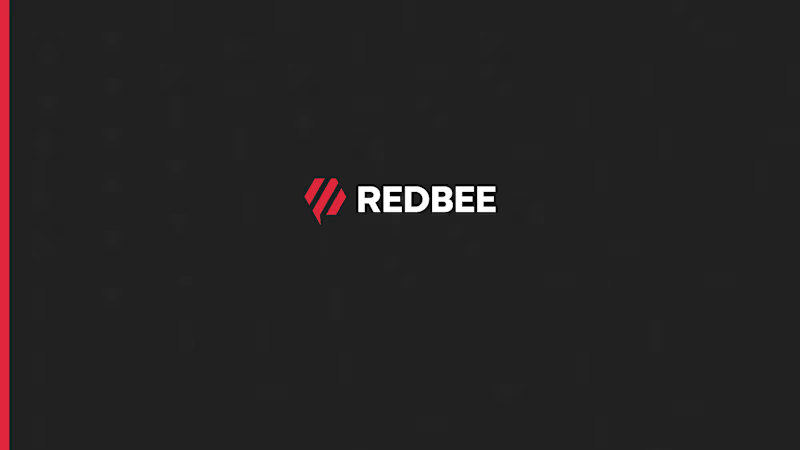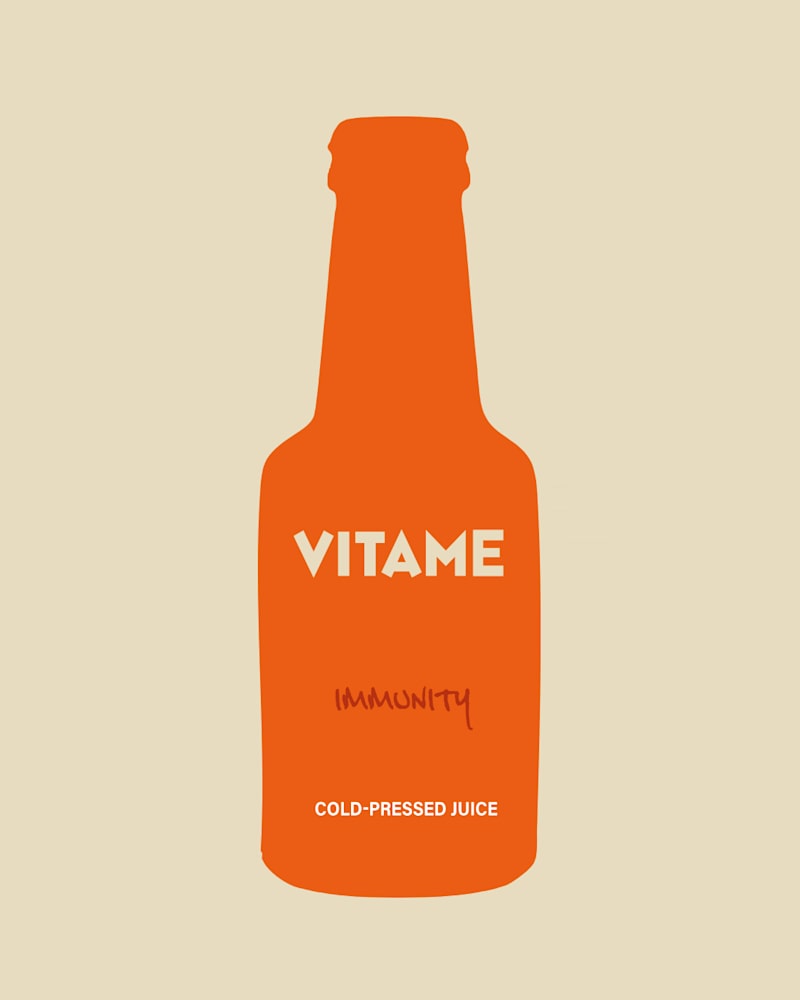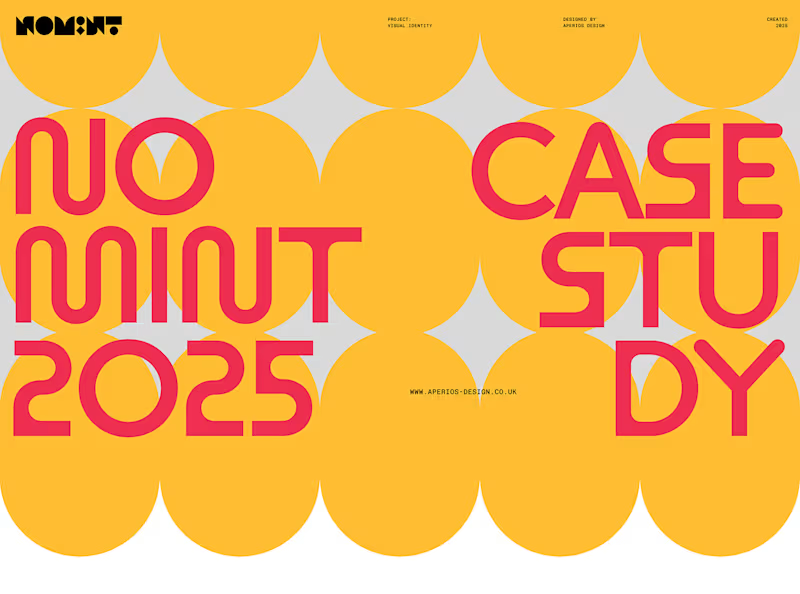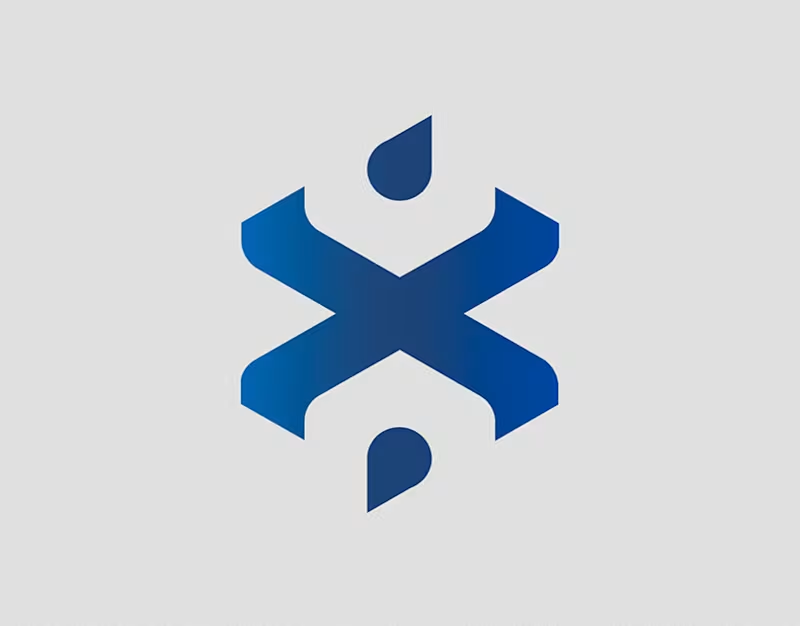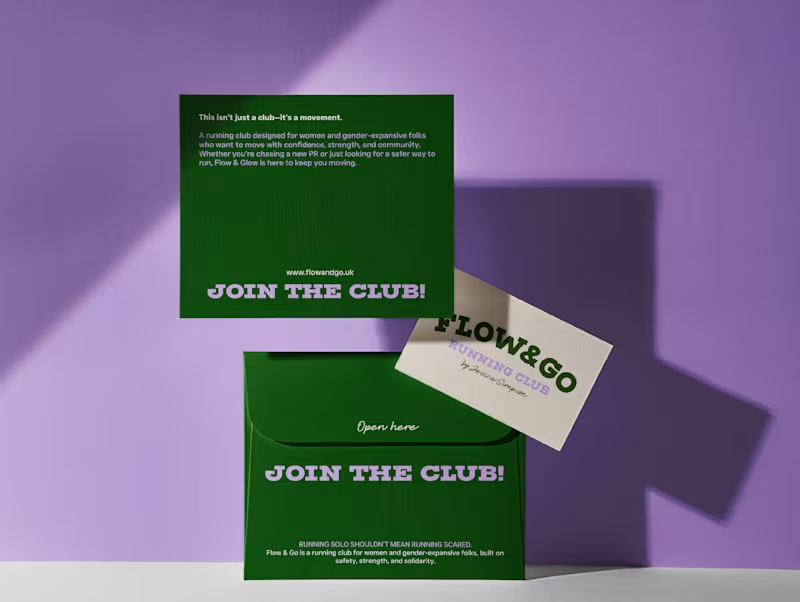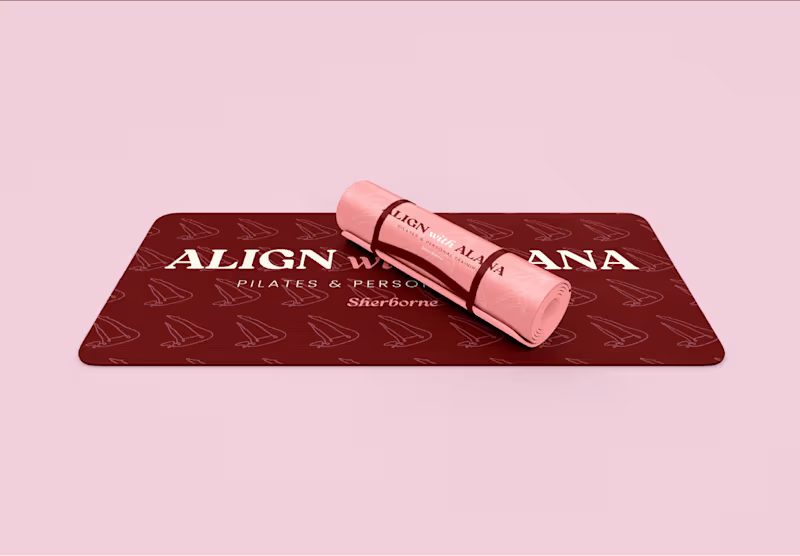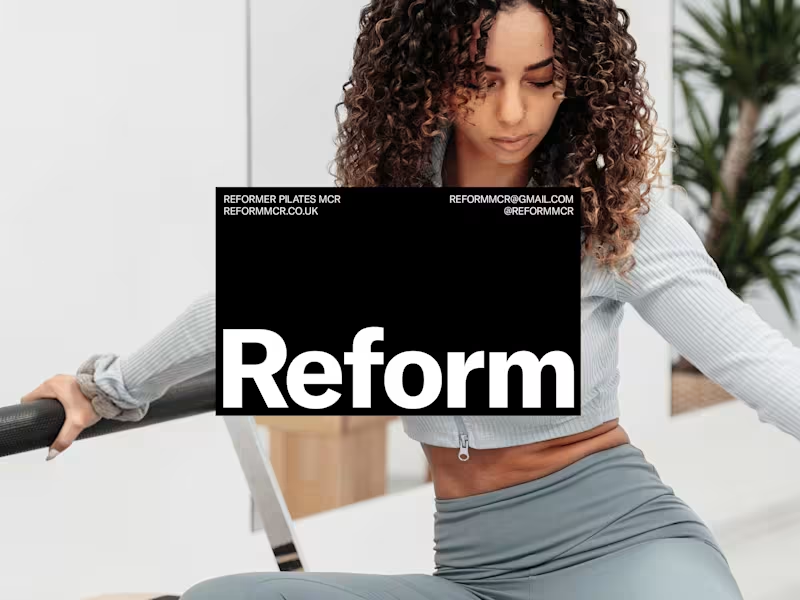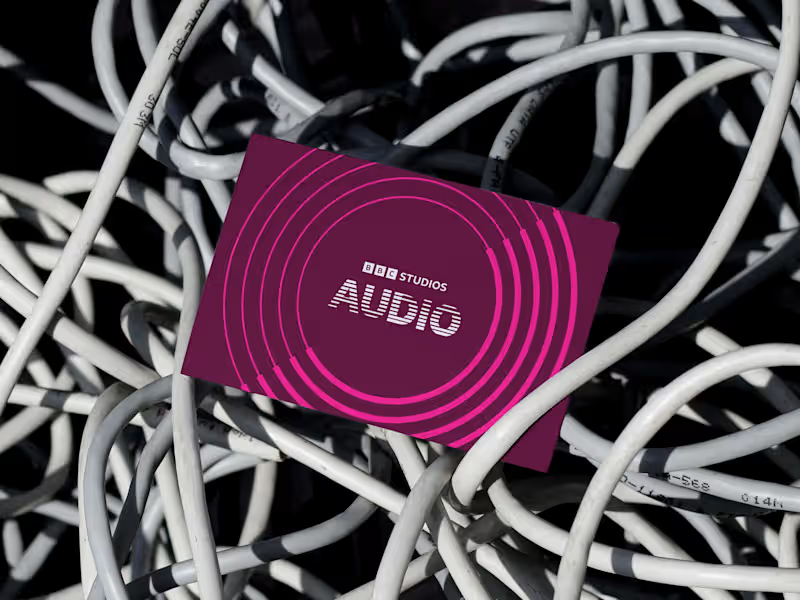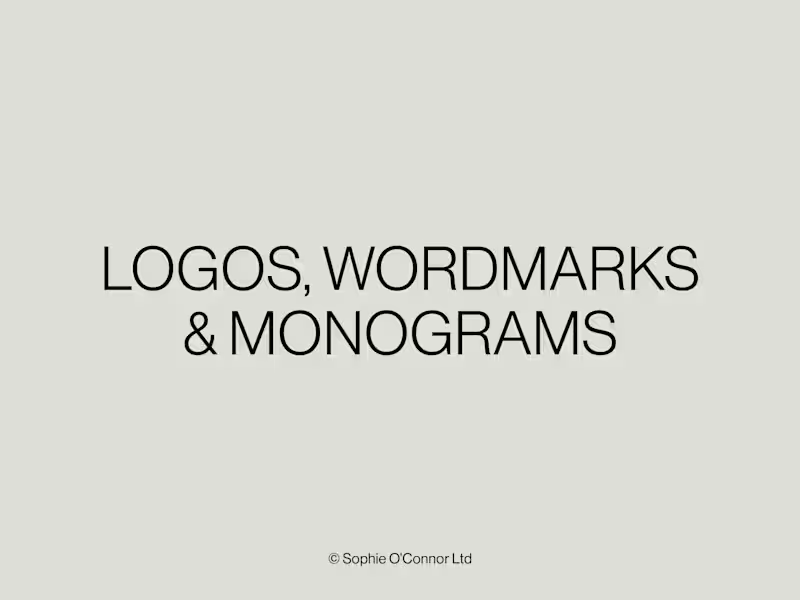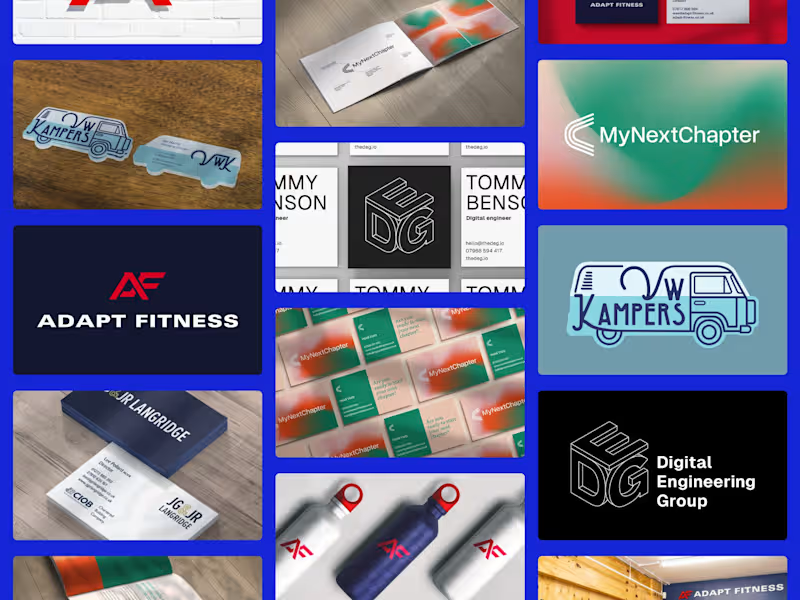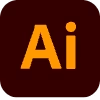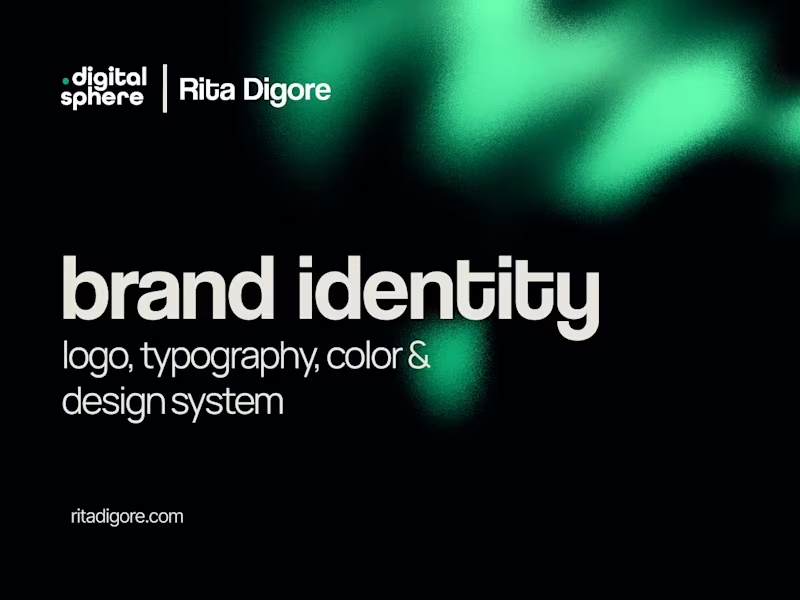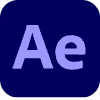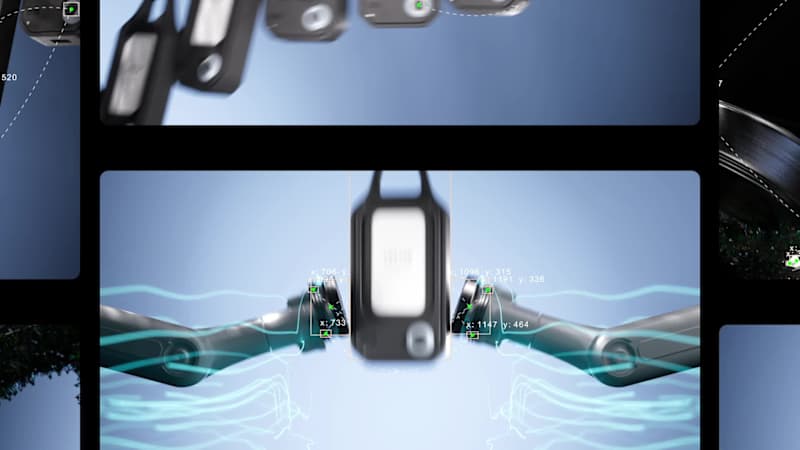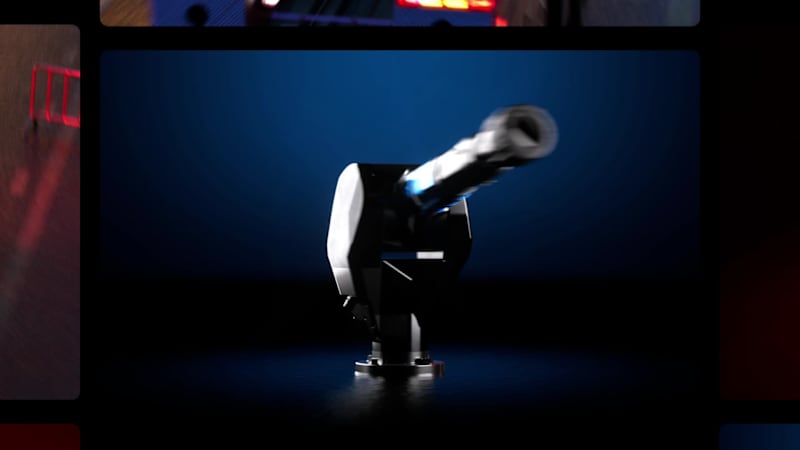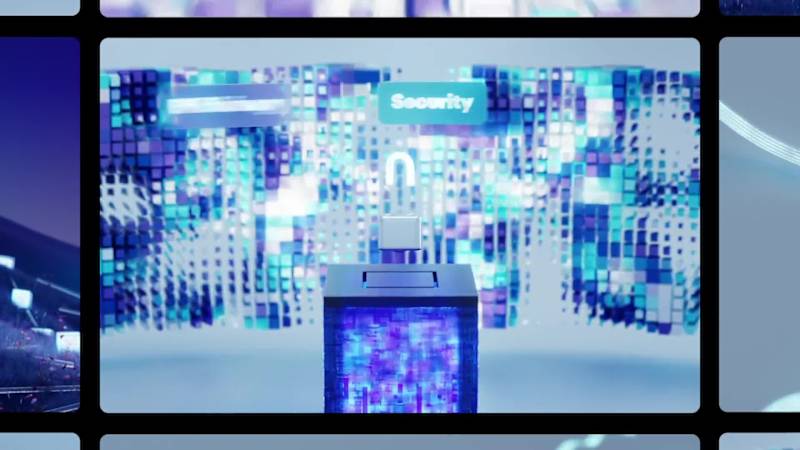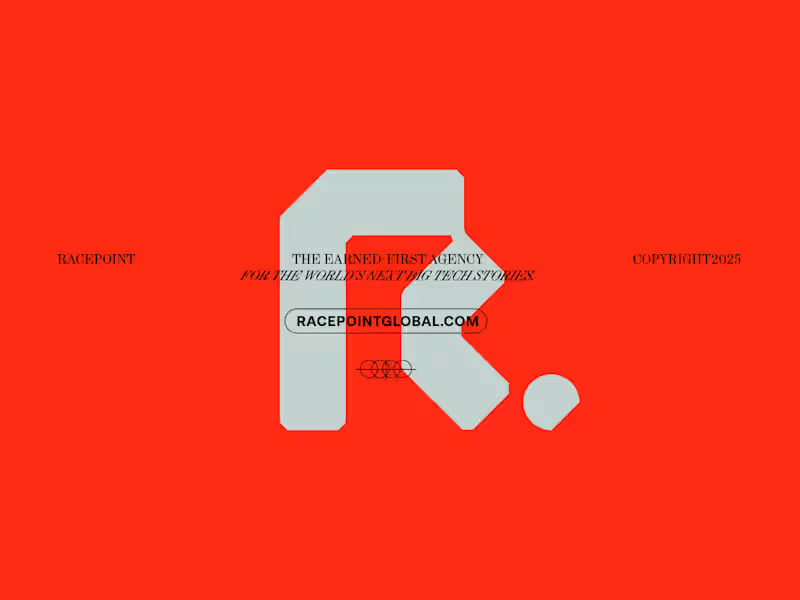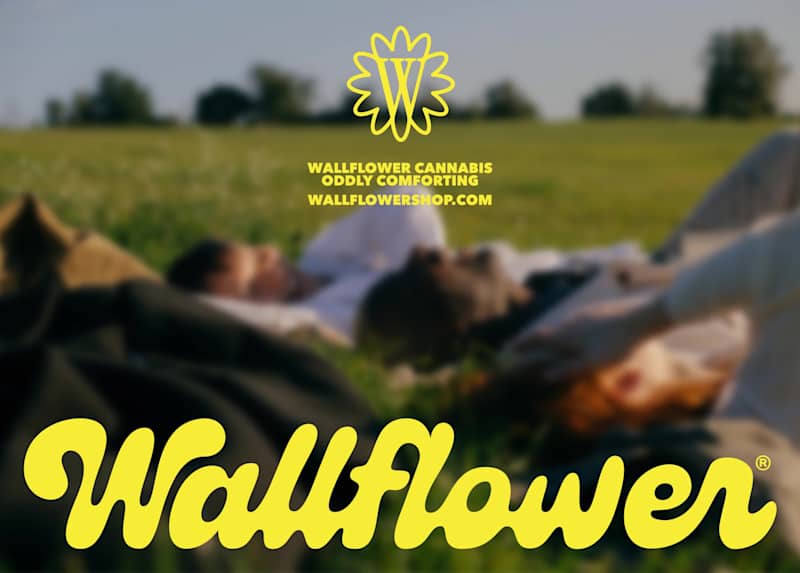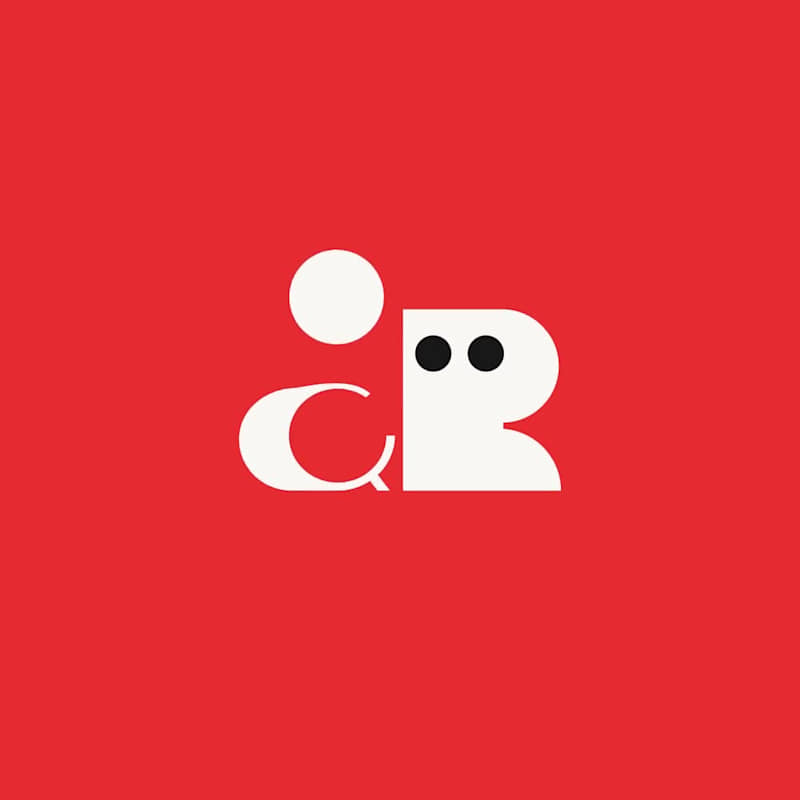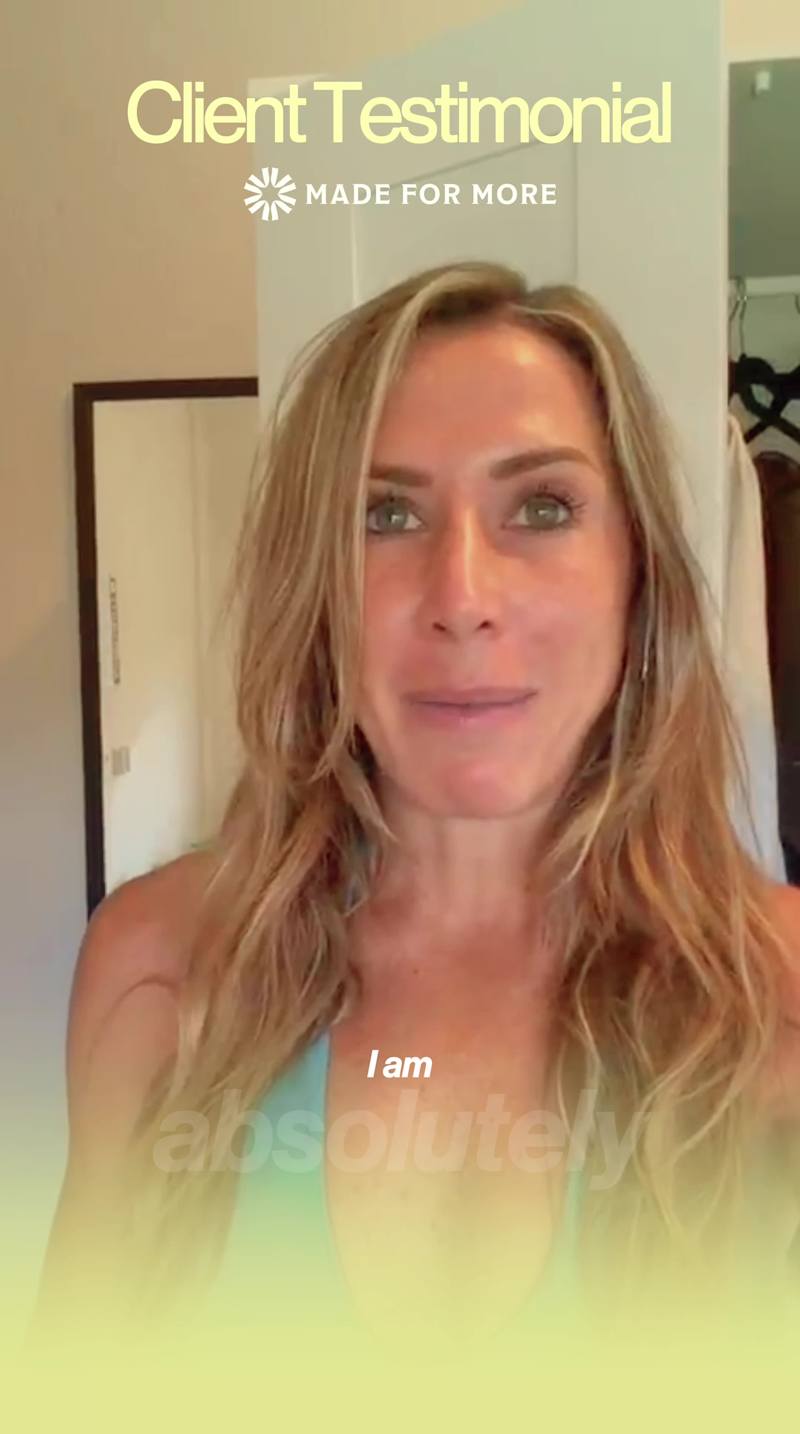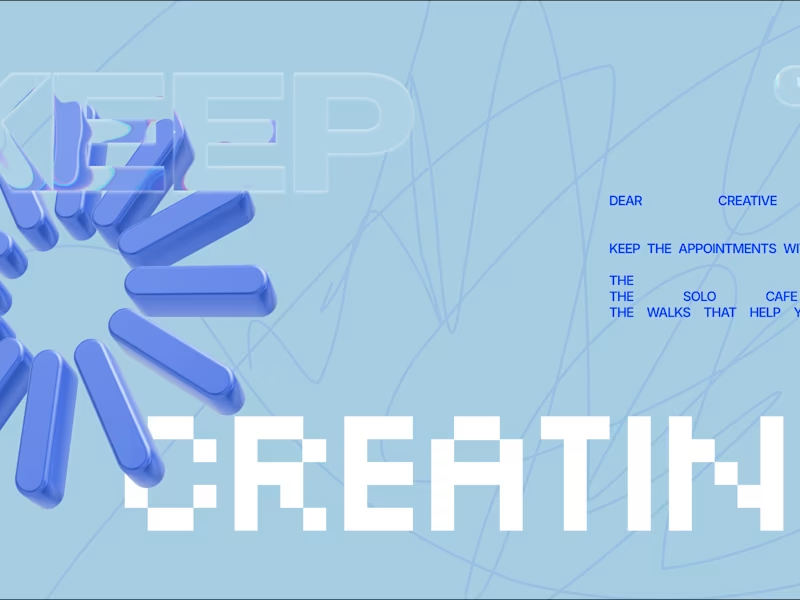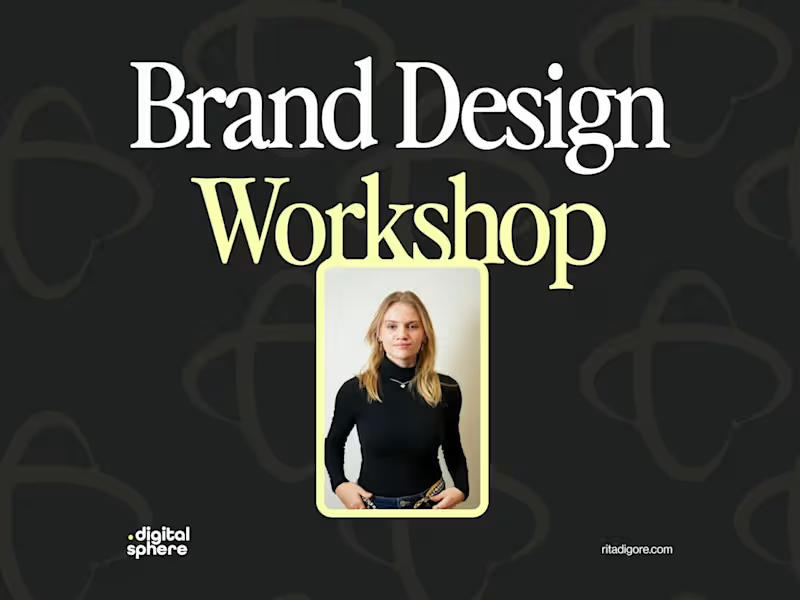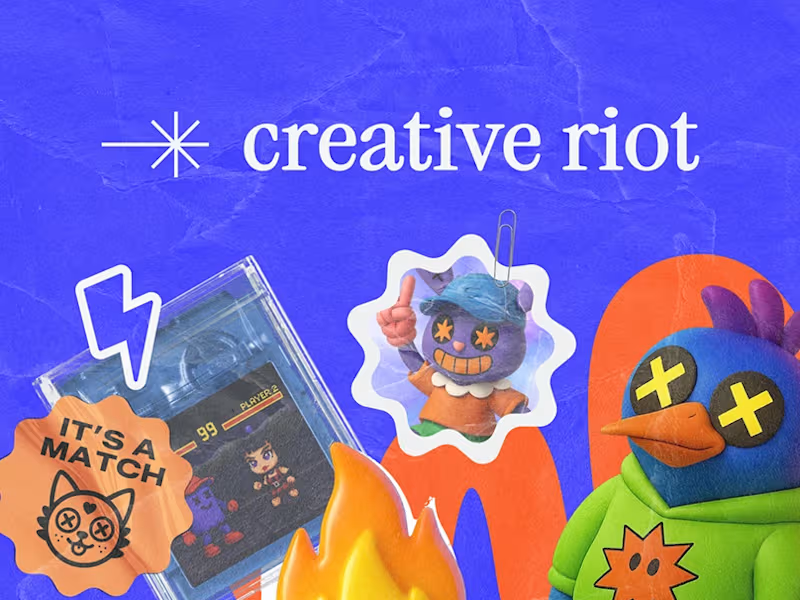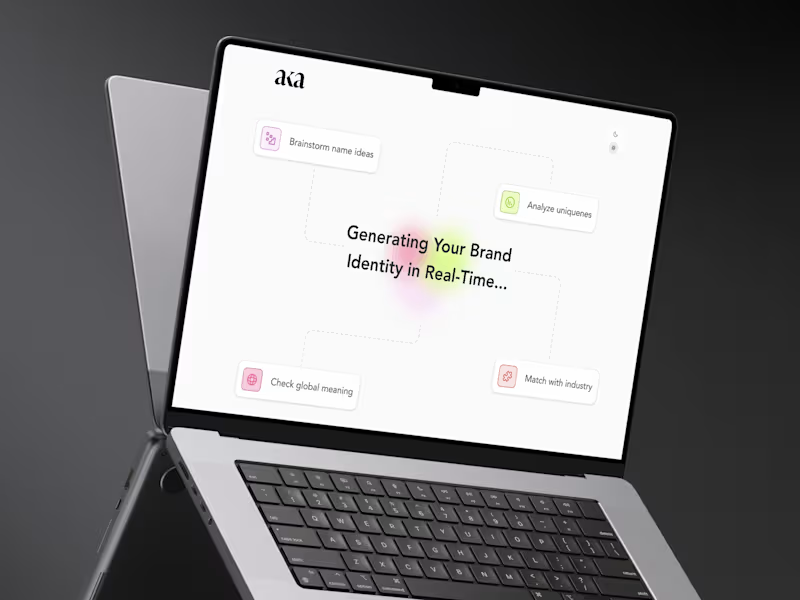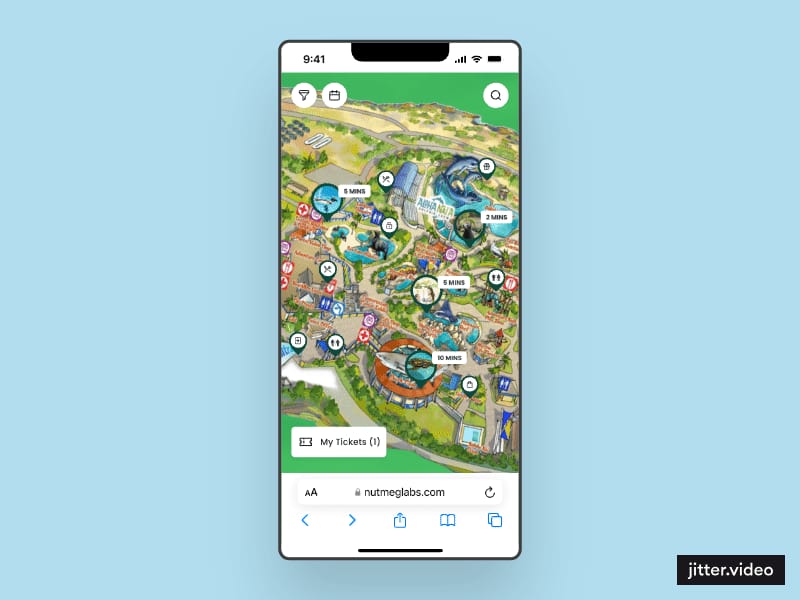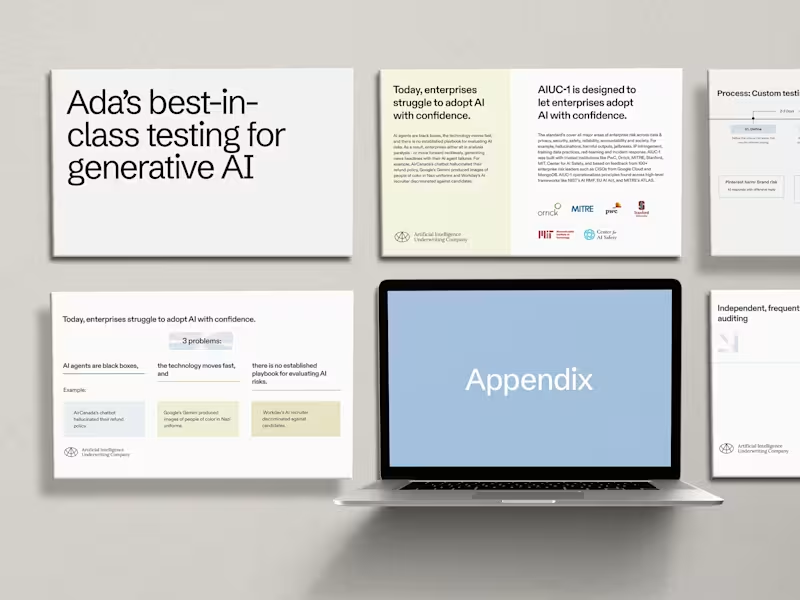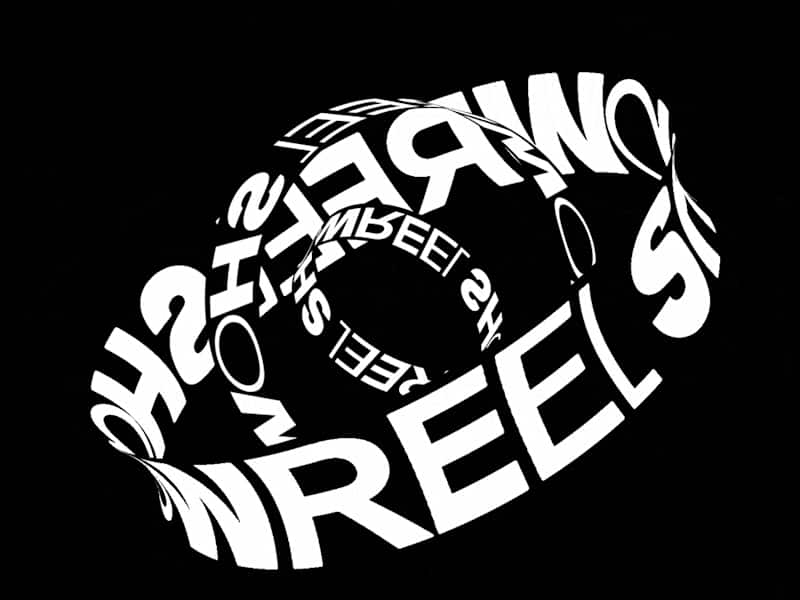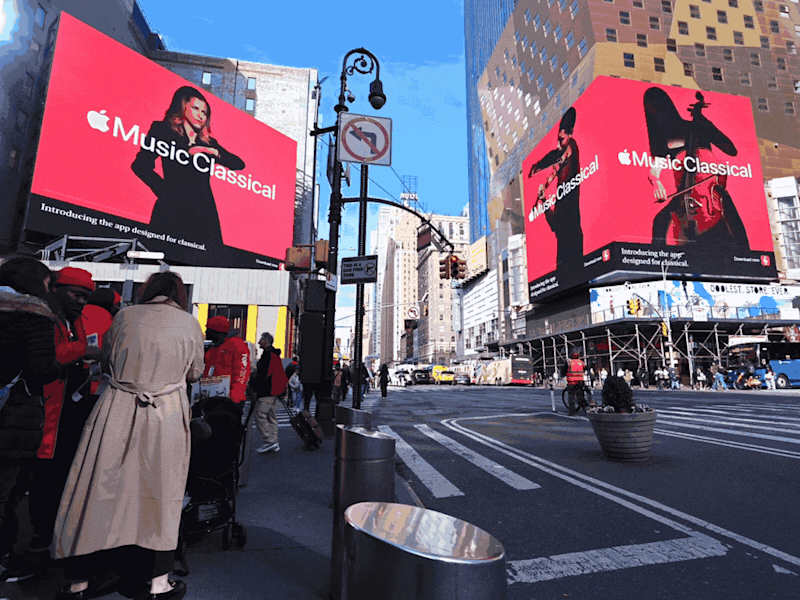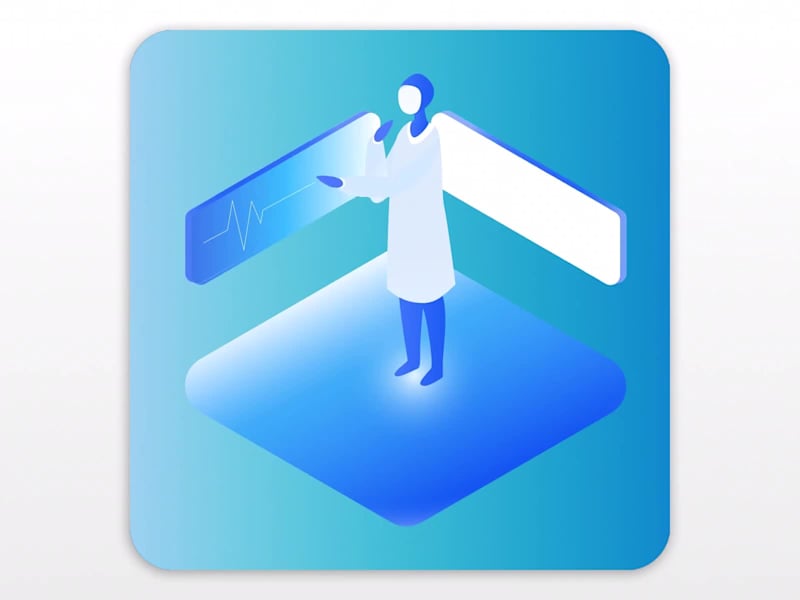What should I include in my brief to a logo designer on Contra?
When creating a brief for your logo designer, include clear details about your brand’s mission and values. Explain the intended use of the logo, like if it will appear on products or online. Make sure to mention any color schemes or styles you like. The brief helps the designer understand what you need.
How do I compare portfolios when selecting a logo designer?
Look at each designer’s past work to see if their style matches what you want for your logo. Check their experience with projects similar to yours. If the designer has worked with famous brands or in your industry, that’s a bonus. A good portfolio shows they understand different styles and can create what you need.
Why is it important to discuss the timeline before hiring a logo designer?
Discussing the timeline ensures both you and the designer are clear on when the work will be done. You may need your logo in time for a product launch or event. Setting clear deadlines helps the designer manage their time well and makes sure you get your logo when you need it. A clear timeline helps avoid misunderstandings.
What file formats should I ask the logo designer to deliver?
Ask for the logo in multiple formats like JPEG, PNG, and vector (usually AI or EPS). JPEG and PNG are great for online needs, while vector files are perfect for printing. Vector files can be resized without losing quality. Having different formats means you can use the logo just about anywhere you want.
How can I ensure the logo designer understands my brand's cultural context, especially if my business is in England?
Share any regional or cultural elements important to your brand with the designer. This may include symbols, colors, or styles popular in England. By explaining these details, you help the designer create a logo that resonates with your local audience. It ensures your brand connects well with people in England.
How can I give useful feedback to a logo designer on Contra?
Be clear and specific when giving feedback. If you like certain parts of the design, point them out and explain why. If changes are needed, describe them clearly. Clear feedback helps the designer improve the design faster and results in a logo you love.
What should I discuss in the initial call with a logo designer to ensure a successful project?
In your first call, discuss the project's scope, your brand vision, and style preferences. Share any deadlines and the project timeline. It’s also a good time to explain what makes your brand special. This conversation helps the designer understand what you need and plan the project well.
What role does brand research play when working with a logo designer?
Brand research helps the designer understand the unique elements of your business. This includes your target audience, market competition, and brand vision. Sharing this information aids the designer in creating a logo that truly represents your brand. It makes your logo more effective and meaningful.
Why is it important to clarify usage rights and licensing with a logo designer?
Understanding the usage rights and licensing ensures you know where and how you can use your logo. Confirm these details so you can use the logo freely on various platforms, from online to merchandise. Clear rights prevent future complications and make sure you're using the logo correctly.
How can I ensure the logo design aligns with legal and ethical standards in England?
Make sure the logo does not infringe on existing trademarks or copyrights. It's important to check for any symbols or wording that might have unintended meanings in England. Discuss these aspects with your designer to keep your brand’s image in good standing. This helps avoid potential legal issues in the future.
Who is Contra for?
Contra is designed for both freelancers (referred to as "independents") and clients. Freelancers can showcase their work, connect with clients, and manage projects commission-free. Clients can discover and hire top freelance talent for their projects.
What is the vision of Contra?
Contra aims to revolutionize the world of work by providing an all-in-one platform that empowers freelancers and clients to connect and collaborate seamlessly, eliminating traditional barriers and commission fees.








































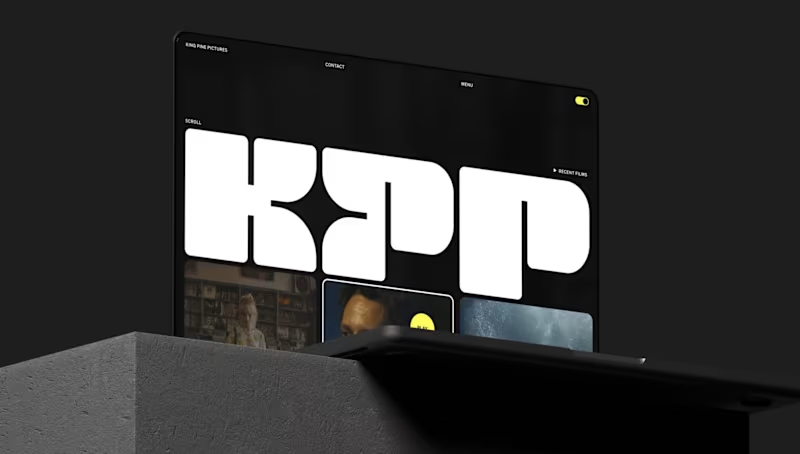


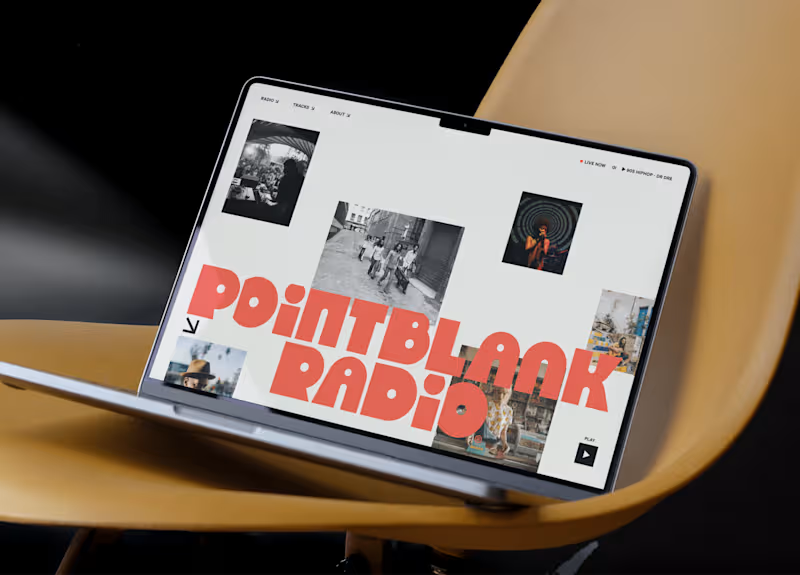
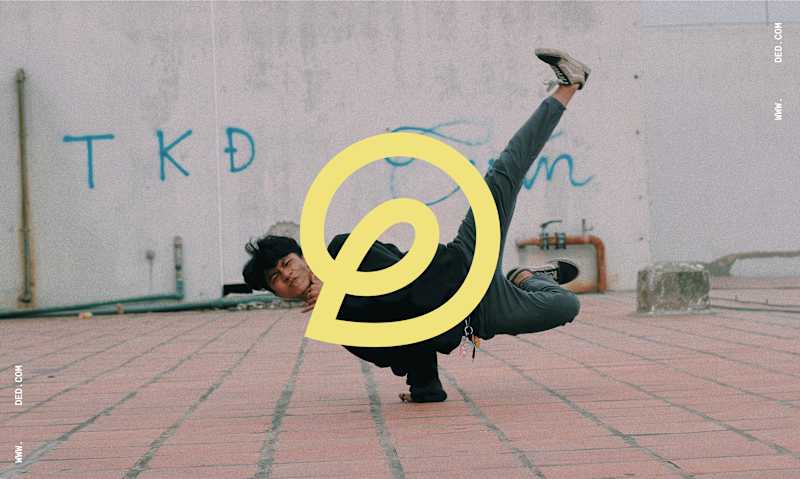
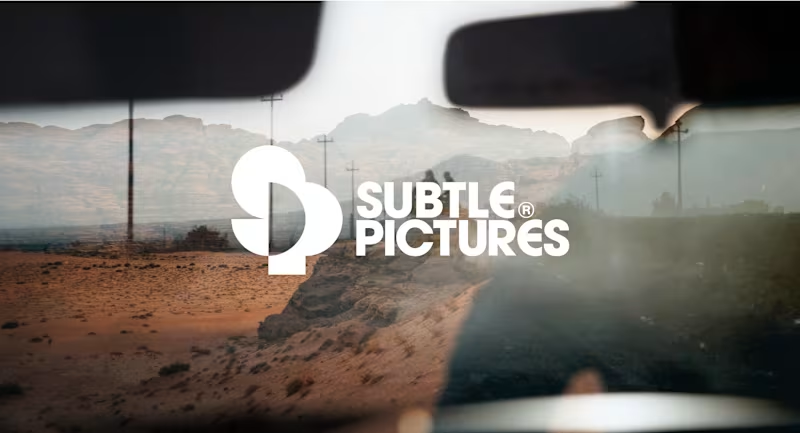
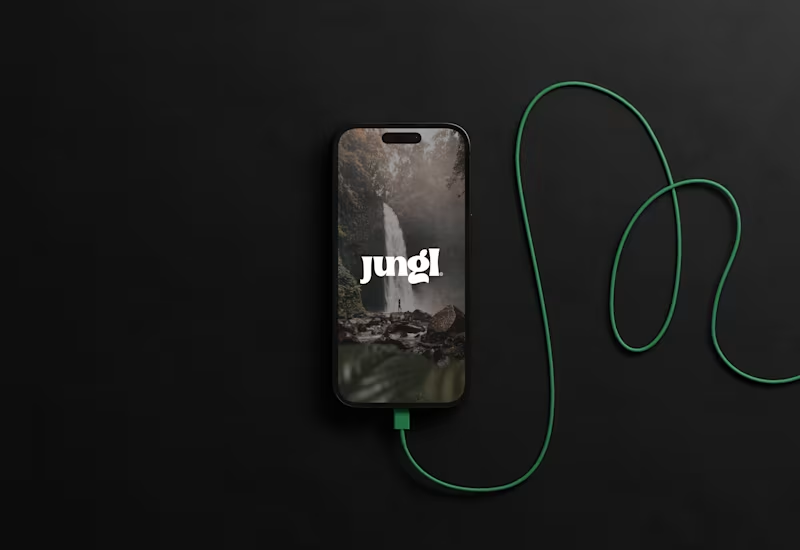
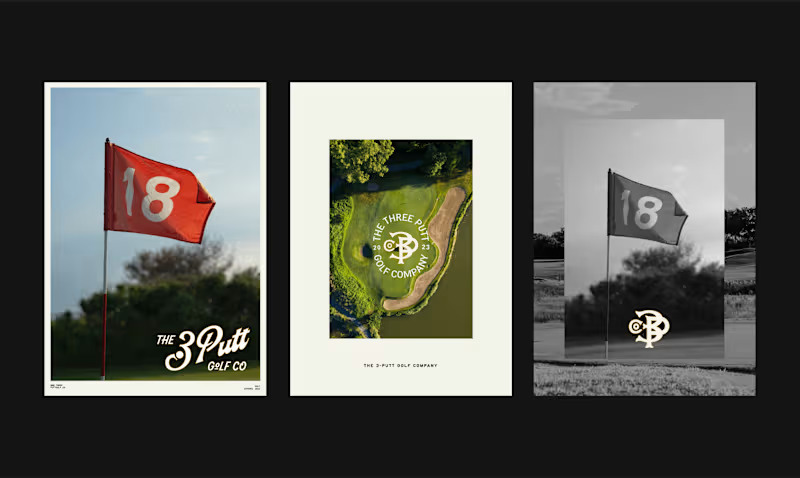
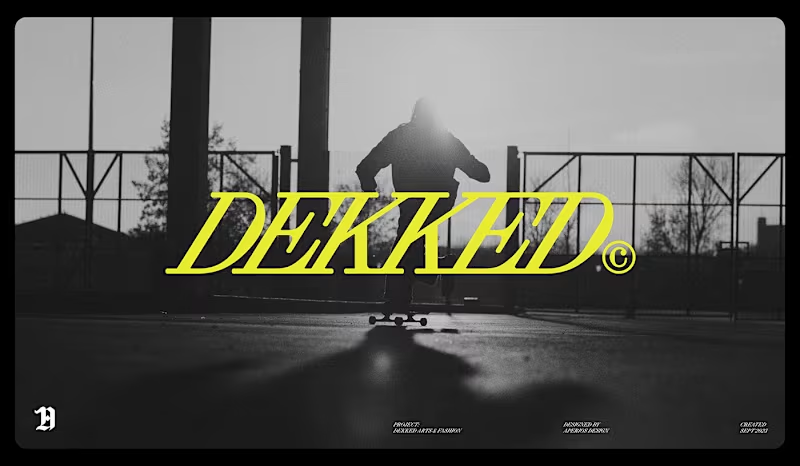

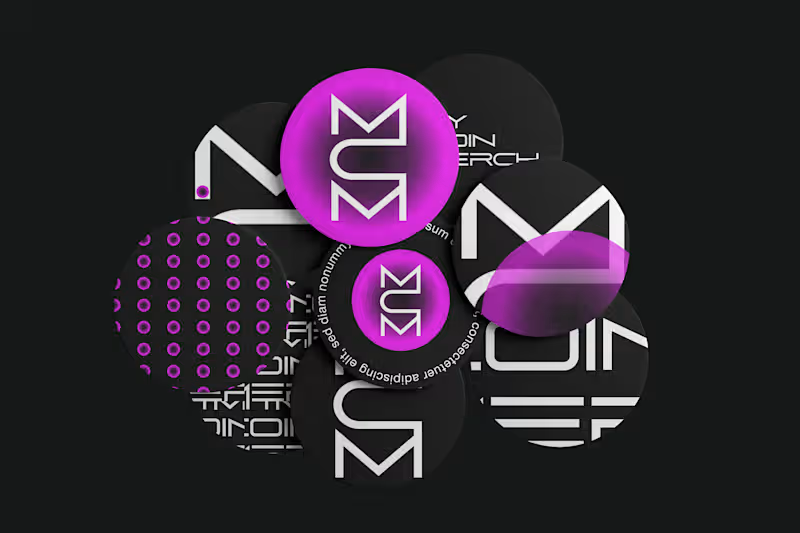
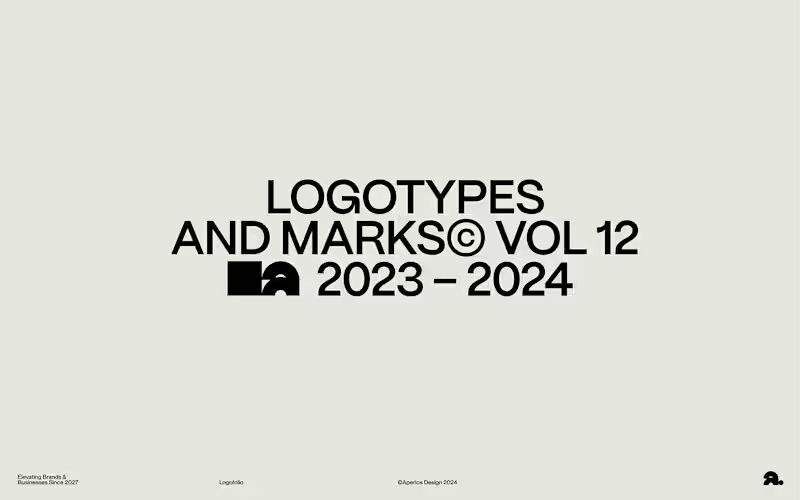
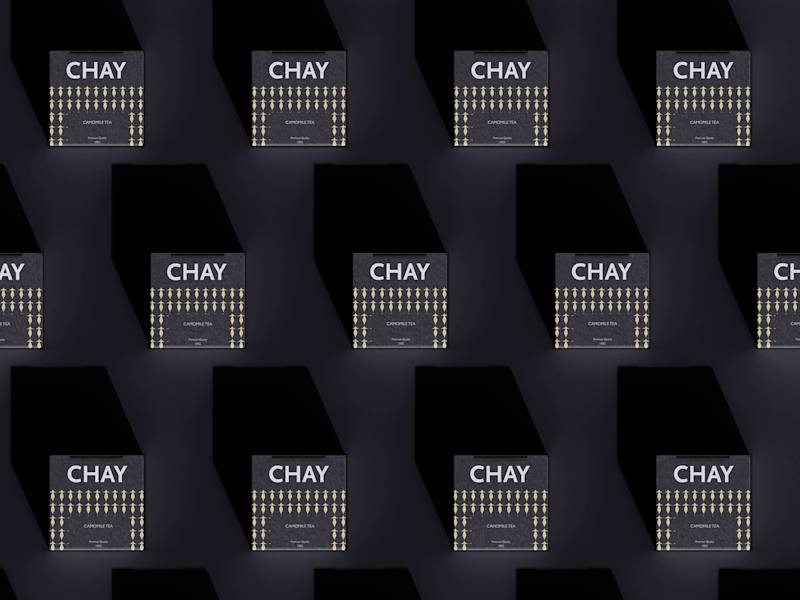
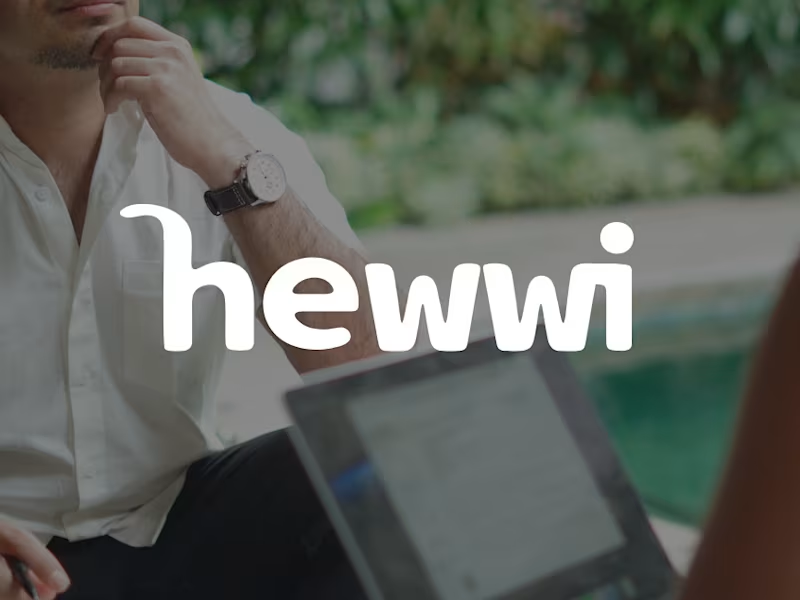
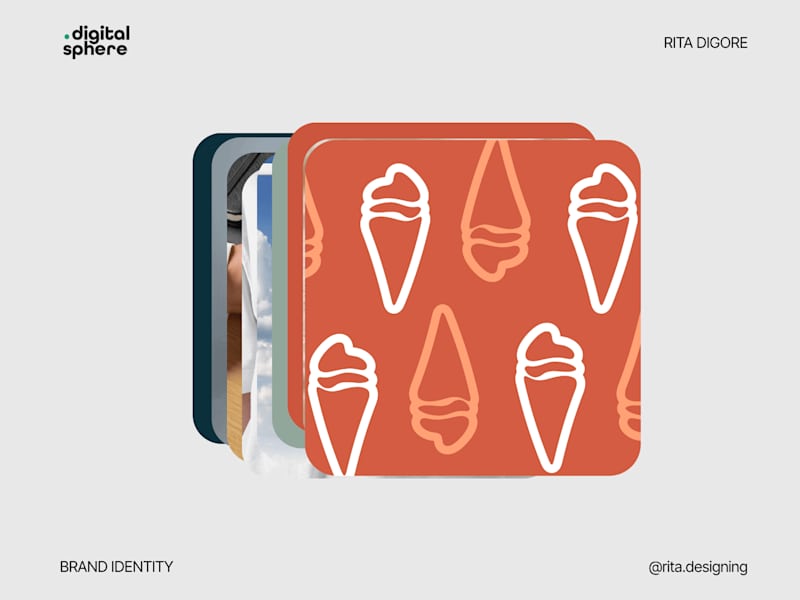
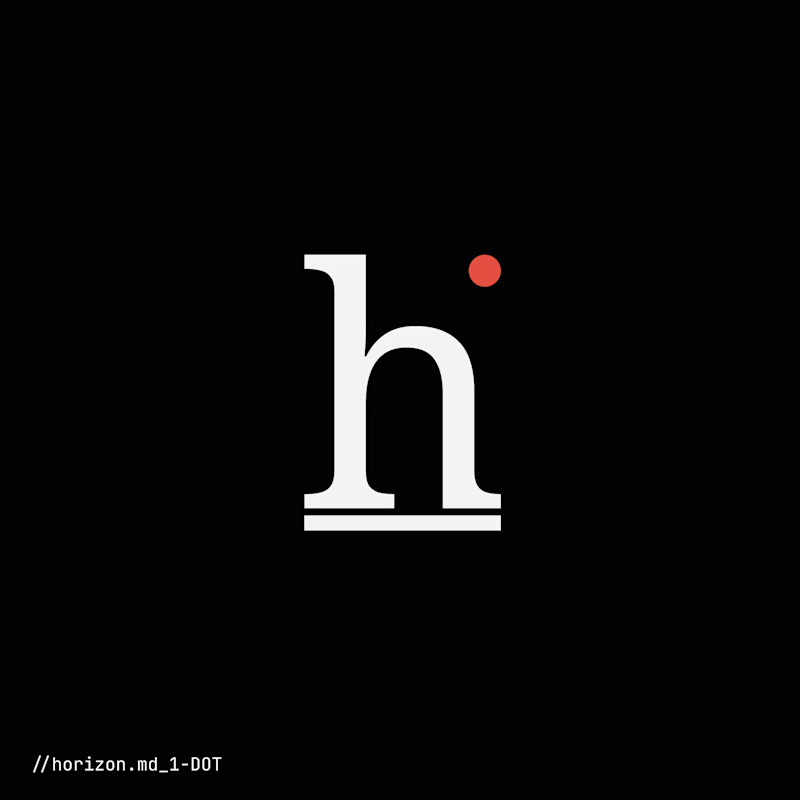
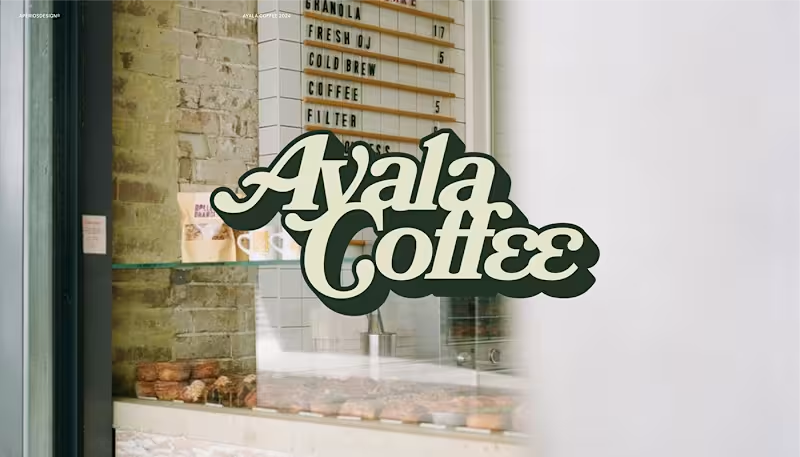
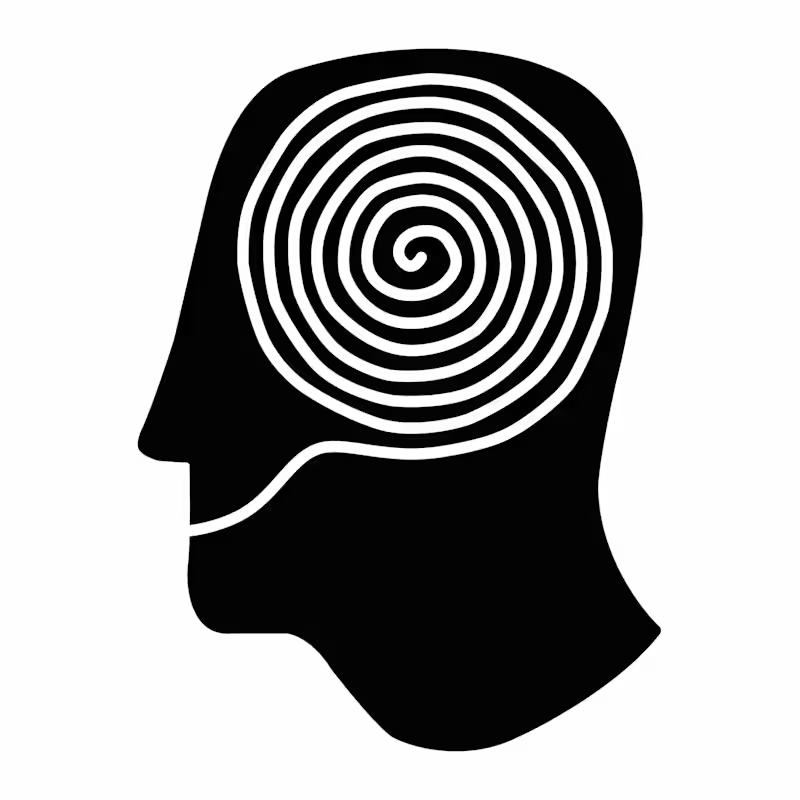
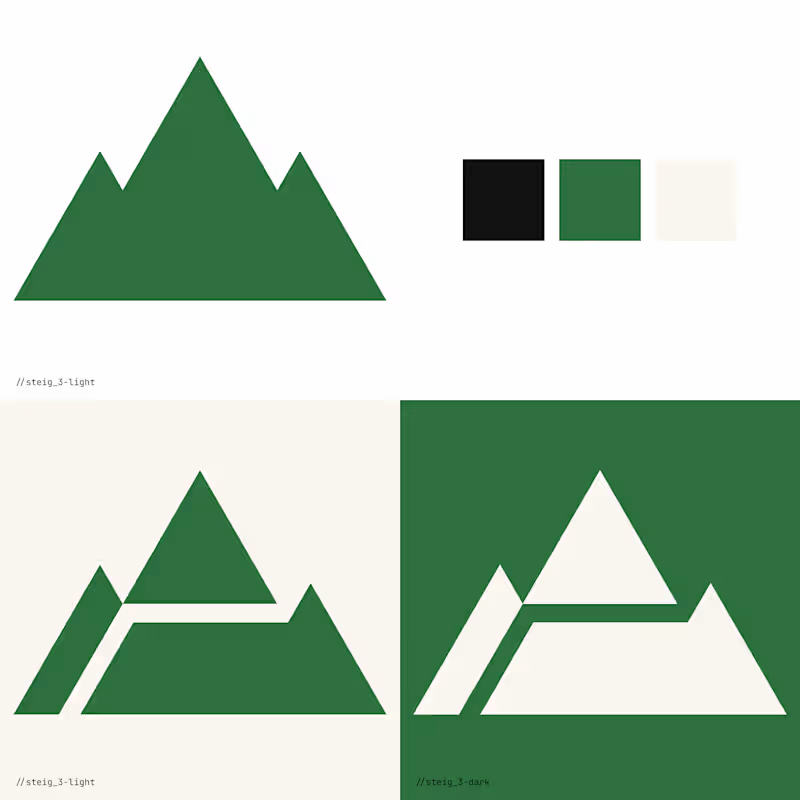
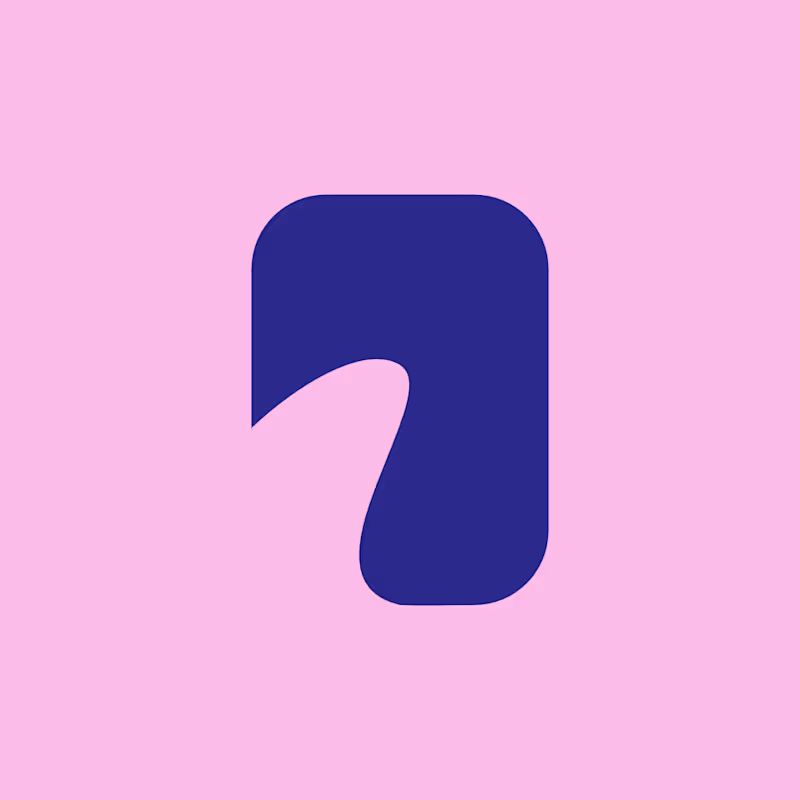
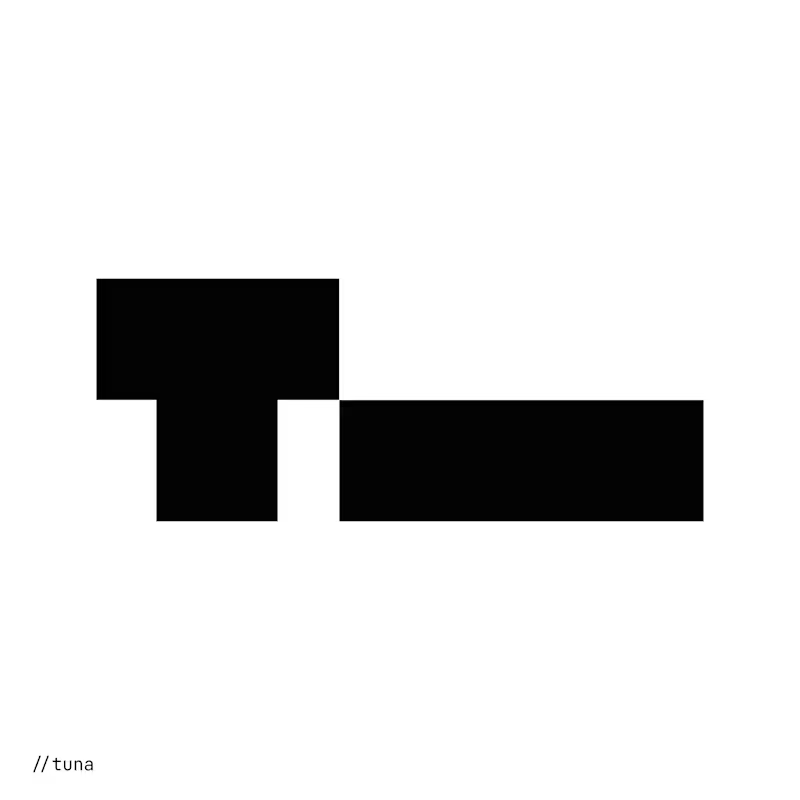

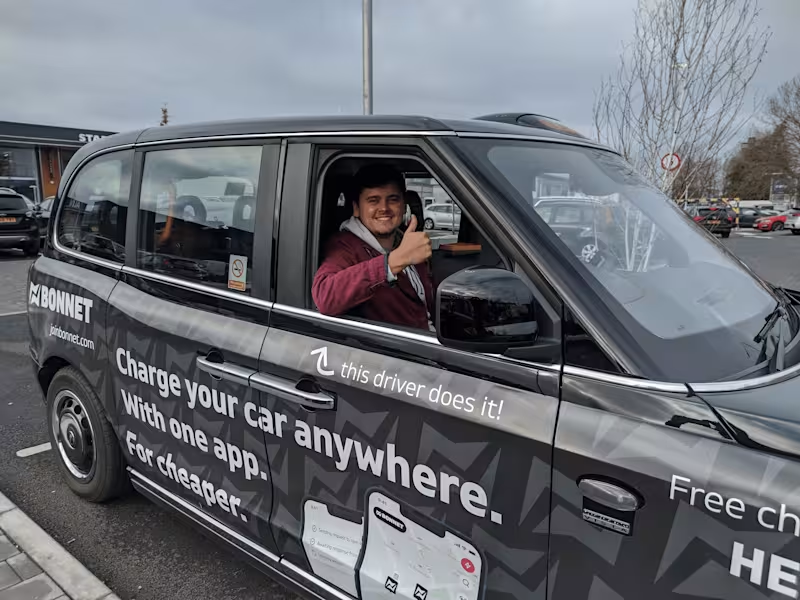
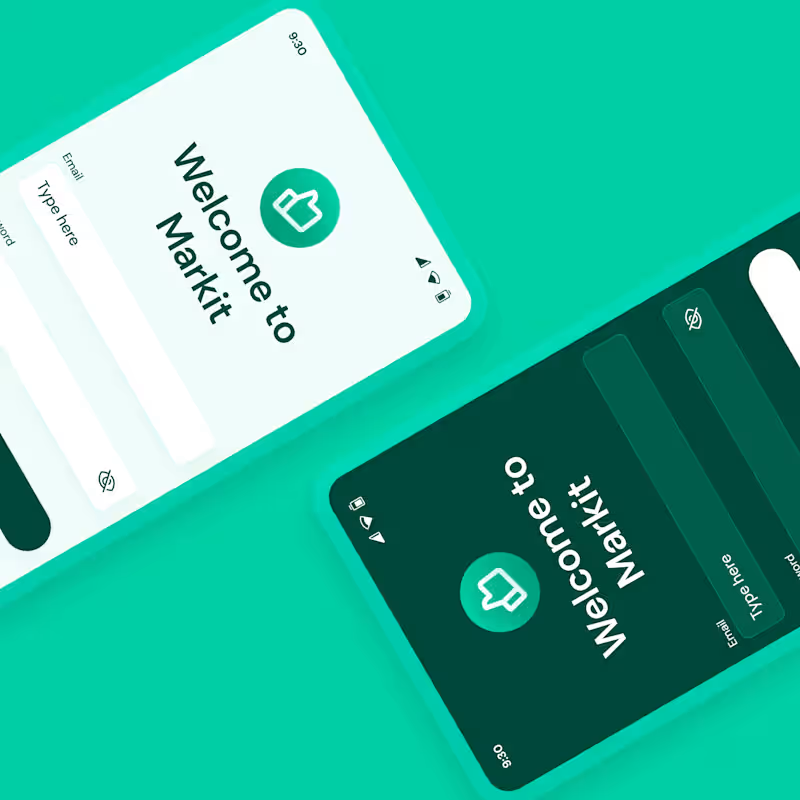
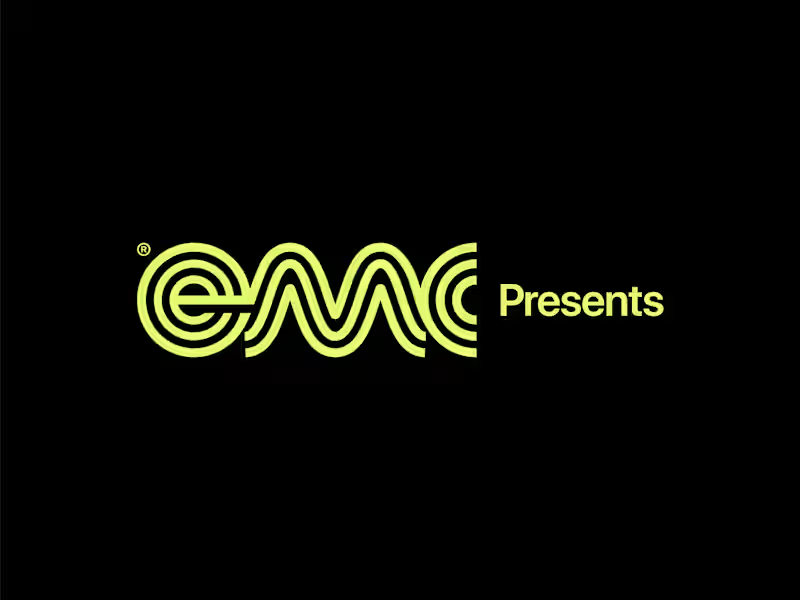
![Cover image for 🍦 [Logo Design] Ice Cream Branding](https://media.contra.com/image/upload/w_800,q_auto/qbxflormdga94bdrbu0s.avif)
